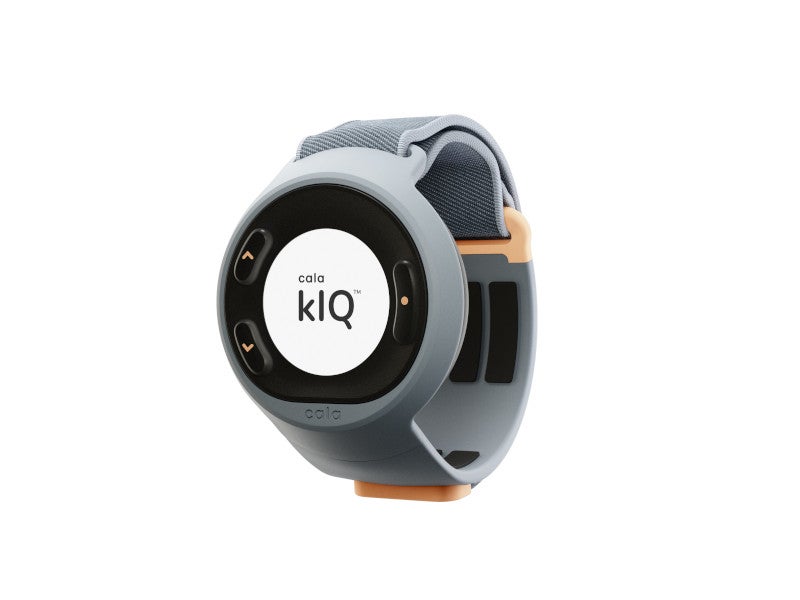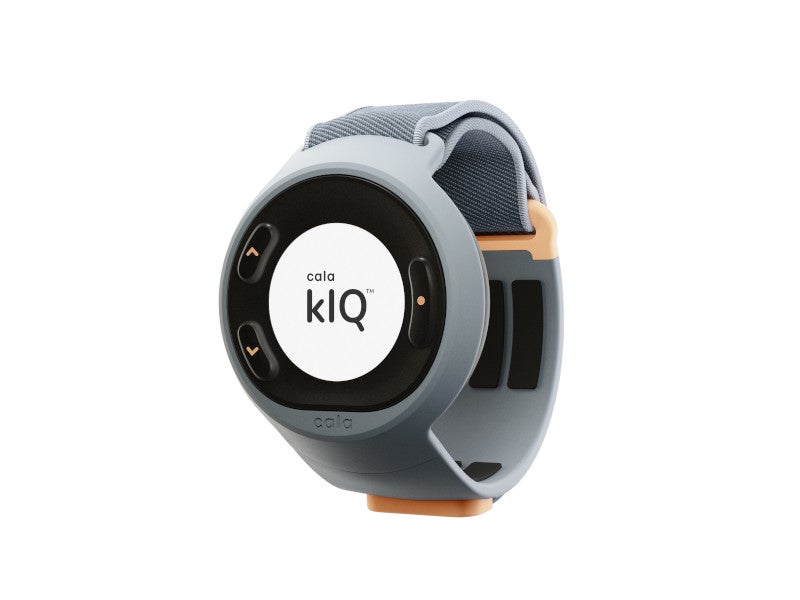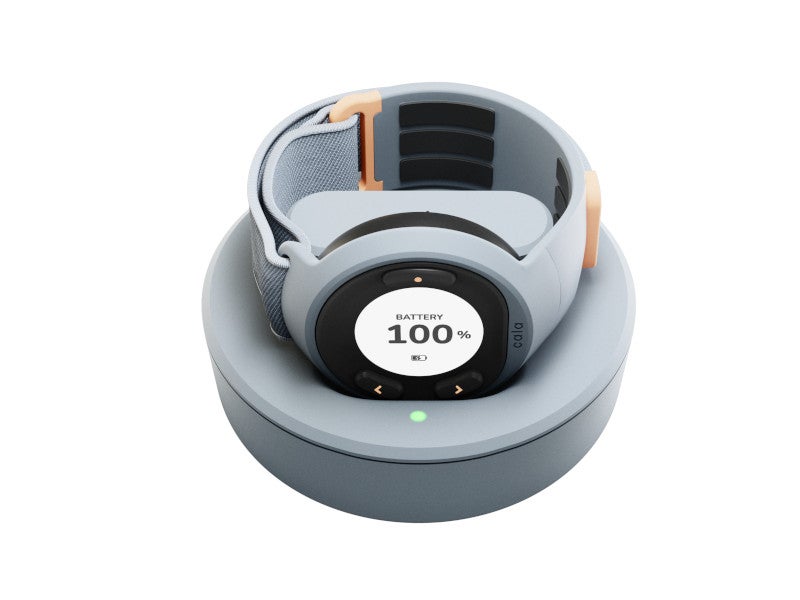The Cala kIQ™ system is a wearable neuromodulation device developed by Cala Health, a medical technology company based in the US, to deliver effective bioelectronic therapy for the relief of hand tremors in adult patients with essential tremor and Parkinson’s disease.
Essential tremor is one of the most widespread neurological conditions in adults, representing the most prevalent form of tremor disorder. In the US, millions of people suffer from essential tremor or Parkinson’s disease, with the treatment options for the conditions historically being medications or in severe cases, surgery.
The Cala kIQ system provides a non-invasive, non-pharmacologic transcutaneous afferent patterned stimulation (TAPS) therapy with minimal side effects to counteract different tremors with a customised approach to therapy.
The US Food and Drug Administration (FDA) launched the Cala kIQ system for human use in June 2023.
Regulatory approvals for the Cala kIQ system
In October 2021, 510k clearance for the predicate device, Cala Trio, was approved by the FDA, with the specified use to assist in providing temporary relief for hand tremors in the treated hand following stimulation in adults with essential tremor.
Subsequently, the FDA granted 510k clearance for the Cala kIQ system as a device deemed substantially equivalent in November 2022.
Cala kIQ system design and details
The Cala kIQ system is a small, lightweight, wrist-worn stimulator device designed to apply a calibrated TAPS to the median and radial nerves of a patient’s wrist to aid in the relief of hand tremor.
The system comprises a stimulator, a band, and base station. The stimulator is equipped with the necessary electronics, sensors, and firmware to calibrate and administer TAPS therapy. The stimulator is affixed to the Cala kIQ band, featuring integrated electrodes strategically positioned to effectively target the median and radial nerves. The band is offered in three different sizes to cater to a diverse range of wrist sizes.
The charging function is offered by the base station, which also includes an indicator light to notify the user of operational status.
The Cala kIQ system offers a treatment time of 40 minutes, and a wristband life of 90 days with a Cala kIQ band shelf life of three months. The system prioritises patient comfort and usability, offering online data insights through the MyCala.com patient portal. Patients can review their therapy session results over time and share them with healthcare providers to adjust treatment plans as needed.
Technology details
The Cala kIQ system delivers calibrated TAPS through electrodes embedded in the wearable band. The TAPS output pattern is adjusted to match the unique tremor frequency of each patient.
In the device setup process, the patient engages in a postural hold, allowing the onboard sensors to gauge the tremor frequency. The information is then utilised to tailor the TAPS output pattern, ensuring that therapy is administered to the median and radial nerves at the precise, patient-specific and optimal stimulation frequency.
Delivery of the Cala kIQ System
The Cala kIQ System senses the unique tremor signature of the patient and individualises a stimulation therapy.
The therapy is delivered noninvasively through the nerves on the wrist to the brain, which is the control centre of the hand tremor action, to treat the tremor.
Out of ten patients, nine experience tremor reduction with a complete 40-minute session. Some patients start experiencing relief during the stimulation session, and most of them maintain relief for more than an hour or so after the session.
The complete session can be conducted up to five times a day on a fully charged battery.





